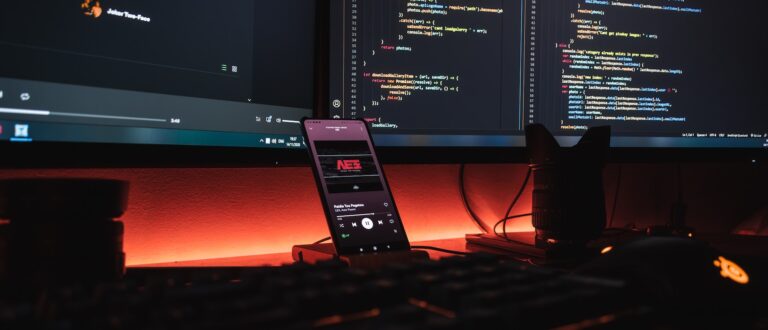Learning programming can be a rewarding endeavor, opening up a world of opportunities in the ever-evolving tech landscape. Whether you’re aiming to become a software developer, data analyst, or simply want to enhance your problem-solving skills, mastering programming is a valuable asset. In this guide, we’ll walk you through six essential steps for beginners to kickstart your programming journey.
1. Choose the Right Programming Language:
The first step in your programming journey is selecting the right programming language. With a myriad of options available, such as Python, JavaScript, and Java, it’s essential to choose one that aligns with your goals. Consider the applications of each language and the industries they cater to. For beginners, Python is often recommended for its readability and versatility, making it an excellent starting point.
2. Set Clear Learning Goals:
Setting clear learning goals is crucial to your success in learning programming. Break down your journey into manageable milestones, starting with understanding basic syntax and gradually progressing to more complex concepts. Define specific, achievable objectives to keep yourself motivated and track your progress. This structured approach ensures a steady and rewarding learning experience.
3. Utilize Online Resources:
Take advantage of the abundance of online resources designed to assist beginners in learning programming. Platforms like Codecademy, Khan Academy, and freeCodeCamp offer interactive lessons and hands-on projects. Explore video tutorials on platforms like YouTube to gain practical insights. Engaging with coding communities on forums like Stack Overflow allows you to connect with experienced developers and seek guidance when needed.
4. Practice Regularly with Real Projects:
Theoretical knowledge is best reinforced through practical application. Work on real projects to apply your skills and build a portfolio. Start with simple projects like creating a personal website or a basic application. As you gain confidence, gradually tackle more complex projects. Contributing to open-source projects is another excellent way to collaborate with experienced developers and gain practical experience.
5. Seek Feedback and Collaborate:
Feedback is a valuable tool for improvement. Share your code with others, whether it’s through coding forums or collaborative platforms like GitHub. Embrace constructive criticism and learn from experienced developers. Collaborating with peers on coding projects enhances your teamwork and problem-solving skills. Join local coding meetups or online communities to expand your network and learn from a diverse range of perspectives.
6. Stay Persistent and Keep Learning:
Programming is a continuous learning journey. Stay persistent, embrace challenges, and never stop learning. Keep yourself updated with the latest industry trends, tools, and programming languages. Explore advanced topics and consider taking specialized courses to deepen your knowledge. A curious and proactive mindset is key to staying relevant and thriving in the dynamic field of programming.
Conclusion:
Embarking on the journey to learn programming requires dedication and a strategic approach. By following these six steps – choosing the right language, setting clear goals, utilizing online resources, practicing with real projects, seeking feedback, and staying persistent – you’ll build a solid foundation for your programming skills. Enjoy the learning process, stay curious, and happy coding!

